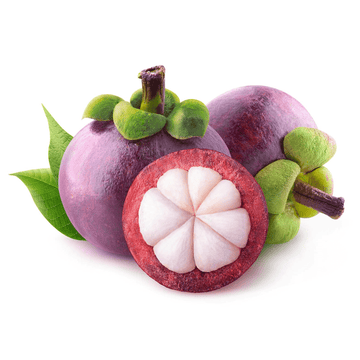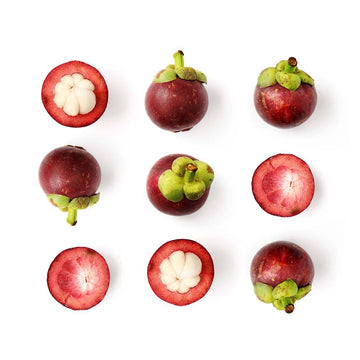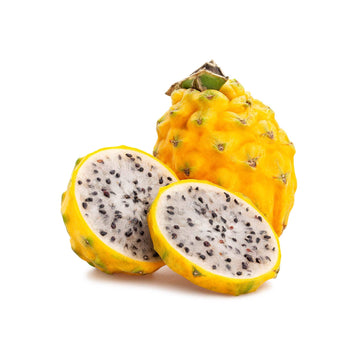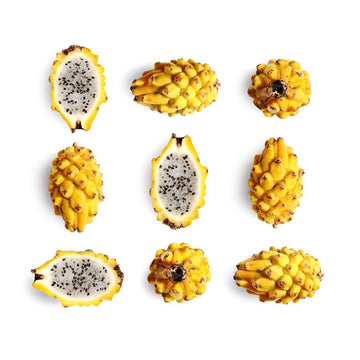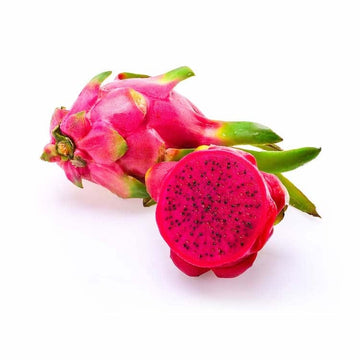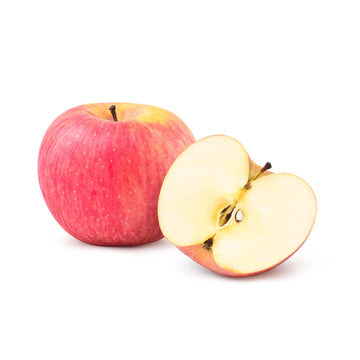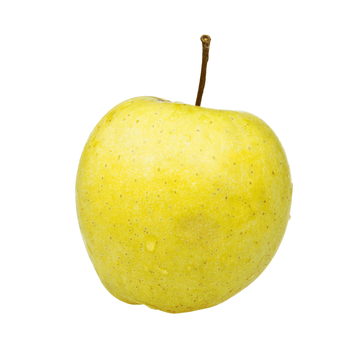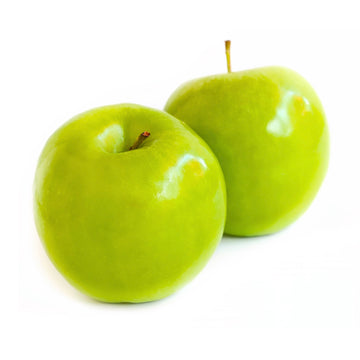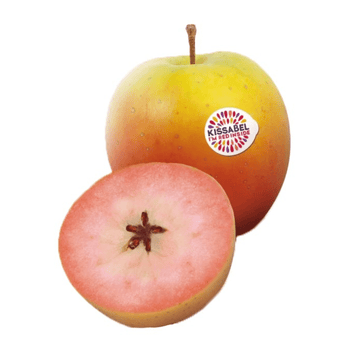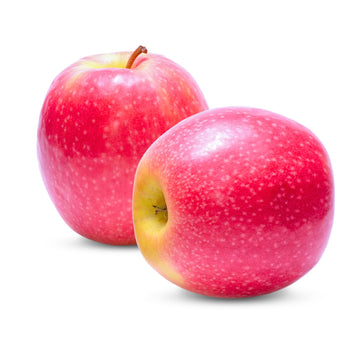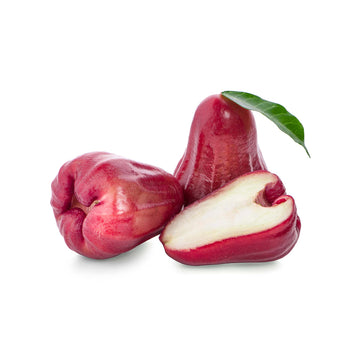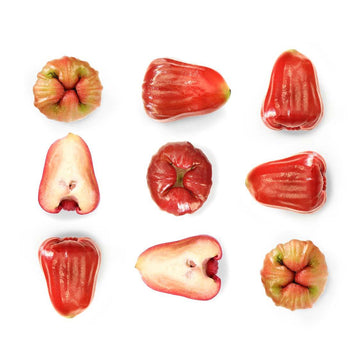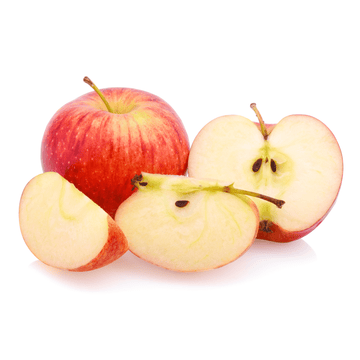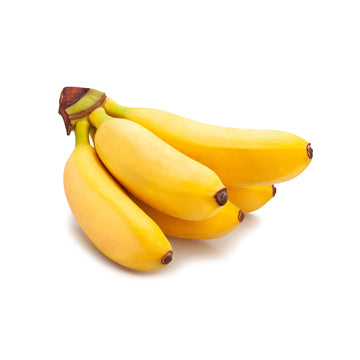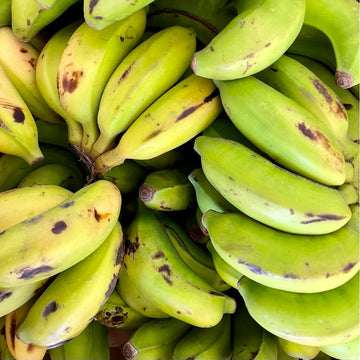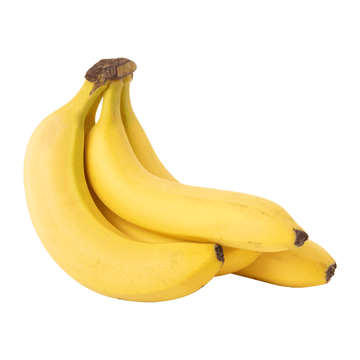The 9 Best Fruits for Constipation (Plus 4 Fruits to Avoid!)
Constipation is an uncomfortable and common issue that affects people of all ages. Whether it's due to a poor diet, dehydration, lack of physical activity, or a more serious underlying condition, constipation can significantly impact your daily life.
However, there are many natural remedies that can help ease this condition, with one of the most effective solutions being the inclusion of specific fruits in your diet.
In this blog post, we will explore the best fruits for constipation relief, including some exotic fruits that may not only help alleviate your symptoms but also introduce you to new and exciting flavors from around the world!
Read to the end to find out which 4 fruits you should avoid when constipated…
What Is Constipation?
Constipation is a condition characterised by infrequent, difficult, or painful bowel movements. Typically, constipation is defined as having fewer than three bowel movements per week. It often involves hard, dry stools, straining during defecation, and a feeling of incomplete evacuation. The discomfort and bloating that accompany constipation can be frustrating and sometimes debilitating.
What Causes Constipation?
The causes of constipation can vary, but some of the most common include:
-
Dietary Factors: A low-fibre diet, dehydration, and a lack of fruits and vegetables can slow down digestion and contribute to constipation.
-
Lack of Physical Activity: Sedentary lifestyles can decrease the natural movements of the digestive system, making it harder for the body to push waste through the intestines.
-
Medications: Some medications, such as pain relievers, antacids, and certain antidepressants, can cause constipation as a side effect.
-
Stress and Anxiety: High-stress levels can affect gut function, leading to constipation.
-
Underlying Health Conditions: Certain health conditions like irritable bowel syndrome (IBS), hypothyroidism, and diabetes can increase the risk of constipation.
What Is Needed to Treat and Prevent Constipation?
The key to treating and preventing constipation lies in improving your diet, hydration, and lifestyle. Specifically, increasing fibre intake, drinking plenty of water, staying physically active, and managing stress can have a significant impact on your digestive health.
Fruits, in particular, are packed with fibre, vitamins, and minerals that are essential for healthy digestion. The right fruits can help promote bowel regularity and soften stools, making it easier to pass waste. Let’s dive into some of the best fruits that can help alleviate constipation, with a special focus on exotic fruits that you might not be familiar with but can offer delicious and effective remedies.
The Best Fruits for Constipation Relief
Fruits are naturally rich in fibre, which is crucial for maintaining proper bowel function. Fibre adds bulk to stools, making them easier to pass, and can also help regulate the movement of food through the digestive tract. Here are some of the best fruits to include in your diet if you are struggling with constipation:
1. Prunes (Dried Plums)
Origin and Flavour: Prunes are dried plums, and they have been known for centuries as a natural remedy for constipation. They are native to the Mediterranean region but are now grown in many countries.
Why They're Good for Constipation: Prunes are high in fibre, particularly soluble fibre, which helps to absorb water and soften stools. Additionally, they contain sorbitol, a natural sugar alcohol that acts as a mild laxative. Sorbitol draws water into the intestines, making stools easier to pass.
How to Use: Eating prunes as a snack or drinking prune juice is an effective way to relieve constipation. Aim for about 4-6 prunes per day to reap the benefits.
2. Apples
Origin and Flavor: Apples are one of the most widely consumed fruits in the world, originating in Central Asia. Their flavour ranges from tart to sweet, depending on the variety.
Why They're Good for Constipation: Apples are rich in both soluble and insoluble fibre. The soluble fibre, called pectin, helps to regulate bowel movements, while the insoluble fibre adds bulk to stools. Apples also have a high water content, which can help prevent dehydration—a common cause of constipation.
How to Use: Eating an apple with the skin on is the best way to get the full benefits of its fibre. You can also add apple slices to yogurt or oatmeal for an added fibre boost.
3. Kiwifruit
Origin and Flavor: Native to China and New Zealand, kiwifruit has a bright green flesh dotted with tiny black seeds. It has a sweet-tart flavour and is known for its vibrant colour.
Why They're Good for Constipation: Kiwifruits are packed with fibre, particularly soluble fibre, and they also contain an enzyme called actinidin. This enzyme aids in digestion by breaking down proteins and improving the movement of food through the digestive tract. Kiwis are also rich in vitamin C, which supports overall digestive health.
How to Use: Eating one to two kiwis per day can help relieve constipation. Kiwis can be eaten raw, blended into smoothies, or added to fruit salads.
4. Papaya (Pawpaw)
Origin and Flavour: Native to Central America and the Caribbean, papaya has a sweet, tropical flavour. It is often used in smoothies, salads, and desserts.
Why They're Good for Constipation: Papayas are rich in fibre and contain the enzyme papain, which aids in the digestion of proteins and supports the movement of food through the intestines. The fibre in papayas helps to regulate bowel movements and soften stools, making them easier to pass.
How to Use: Papaya can be eaten fresh, blended into smoothies, or added to fruit salads. You can also try papaya juice for a refreshing way to ease constipation.
5. Mangoes
Origin and Flavour: Mangoes are native to South Asia and are now grown in tropical regions worldwide. They have a juicy, sweet flavour and are a popular fruit in many cuisines.
Why They're Good for Constipation: Mangoes are rich in fibre and water, both of which help to prevent constipation by softening stools and promoting regular bowel movements. They also contain enzymes like amylase, which help with digestion.
How to Use: Mangoes can be eaten fresh, blended into smoothies, or added to salsas and salads. Eating ripe mangoes provides the best constipation relief.
6. Bananas (Especially Ripe Ones)
Origin and Flavour: Bananas are native to Southeast Asia but are now grown worldwide in tropical regions. Their flavour is sweet and mildly starchy, and they come in different ripeness stages.
Why They're Good for Constipation: Bananas are an excellent source of fibre, particularly pectin, which helps regulate bowel movements. While unripe bananas can be constipating due to their higher starch content, ripe bananas are beneficial because their high fibre content promotes digestive health.
How to Use: Eat one ripe banana daily to help relieve constipation. Bananas are perfect as a snack, added to smoothies, or mixed into cereal.
7. Pineapple
Origin and Flavour: Native to South America, pineapples are known for their sweet, tangy flavour and tropical aroma. They are rich in vitamin C and antioxidants.
Why They're Good for Constipation: Pineapples contain an enzyme called bromelain, which helps break down proteins and supports digestion. The fibre content in pineapples also helps to add bulk to stools, making them easier to pass.
How to Use: Fresh pineapple or pineapple juice can be consumed daily for constipation relief. Adding pineapple to fruit salads or smoothies is another great option.
8. Figs (Fresh and Dried)
Origin and Flavour: Figs are native to Western Asia and the Middle East. They have a sweet, slightly chewy texture and can be eaten fresh or dried.
Why They're Good for Constipation: Figs are high in both soluble and insoluble fibre, which promotes healthy digestion and softens stools. They also contain natural sugars like sorbitol, which have a mild laxative effect.
How to Use: Eating a few dried figs (around 3-5) per day can help relieve constipation. Fresh figs are also a delicious option, especially when in season.
9. Pomegranates
Origin and Flavour: Native to the Middle East, pomegranates are known for their vibrant red seeds and slightly tart flavour.
Why They're Good for Constipation: Pomegranates are rich in fibre and antioxidants, which support digestive health. The seeds are high in soluble fibre, which helps regulate bowel movements and alleviate constipation.
How to Use: You can eat pomegranate seeds directly, add them to salads, or drink pomegranate juice for relief from constipation.
Your Diet Summary | Smoothie Recipes to Drink Daily
Let’s summarise the advice above.
If you’re suffering from constipation, try drinking one of the following smoothies every day:
Smoothie 1
-
2 Dried Figs
-
1 Apple (with skin)
-
1 Kiwi
-
1 Banana
-
250ml Pomegranate Juice
Smoothie 2
-
3 Prunes
-
100g Papaya
-
1 Mango
-
250ml Pineapple Juice
Additional Tips for Preventing and Relieving Constipation
-
Drink Plenty of Water: Staying hydrated is essential for softening stools and promoting healthy digestion. Aim to drink at least 8 glasses of water a day.
-
Exercise Regularly: Physical activity encourages bowel movement and reduces the likelihood of constipation. Aim for at least 30 minutes of exercise most days of the week.
-
Avoid Processed Foods: Highly processed foods, which are low in fibre and high in unhealthy fats, can worsen constipation.
-
Consider a Fibre Supplement: If you're not getting enough fibre from your diet, consider adding a fibre supplement, but consult with your healthcare provider first.
Fruits to Avoid for Constipation
…
Conclusion
Incorporating the right fruits into your diet can be an effective and delicious way to alleviate constipation. Fruits like prunes, kiwis, apples, and papayas are rich in fibre, vitamins, and enzymes that promote healthy digestion and relieve constipation.
Exotic fruits such as mangoes, pomegranates, and figs not only offer digestive benefits but also introduce unique flavors to your meals.
By including these fruits in your daily routine, staying hydrated, and maintaining an active lifestyle, you can promote digestive health and say goodbye to constipation for good.

